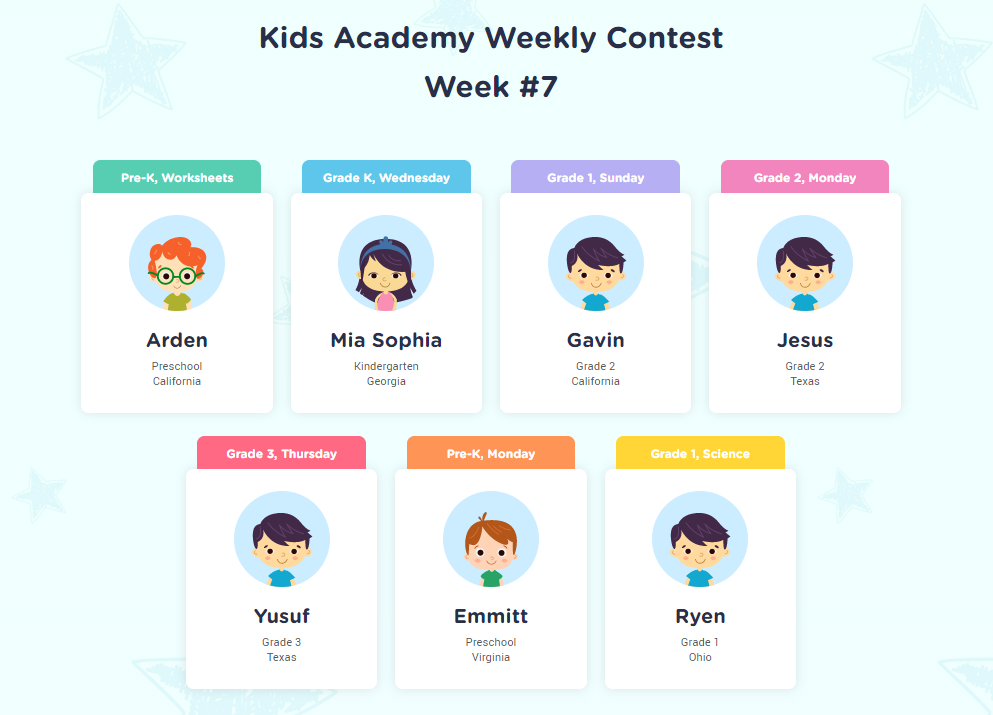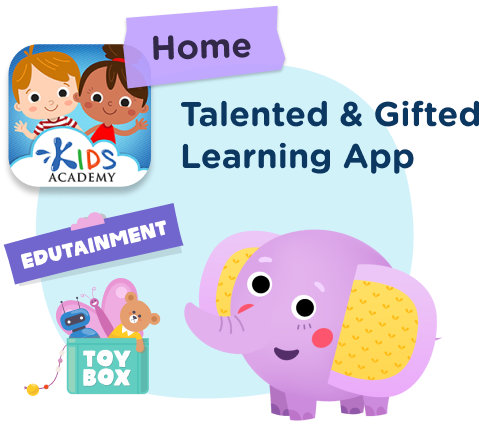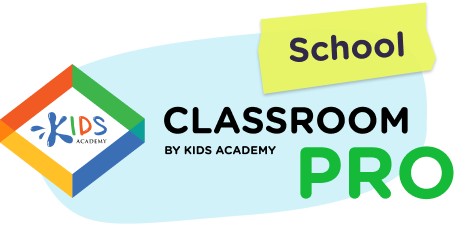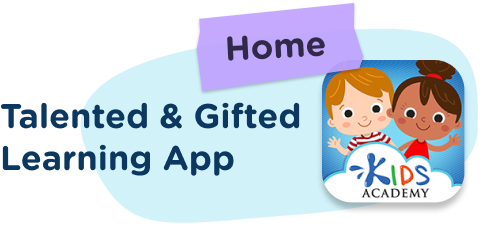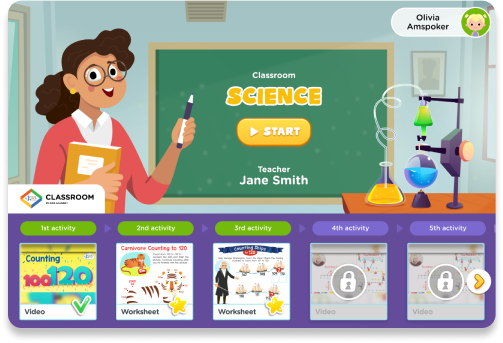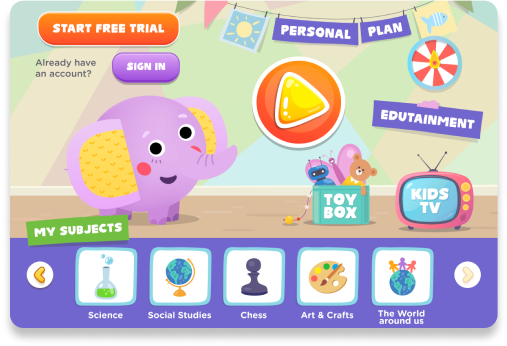Geographic Understanding Worksheets for Ages 7-8
3 filtered results
-
From - To
Explore our Geographic Understanding Worksheets designed specifically for children aged 7-8! These engaging resources introduce young learners to essential geographical concepts, helping them develop map skills, recognize physical features, and understand global locations. With a variety of activities, including coloring maps, identifying landmarks, and solving puzzles, our worksheets make learning geography fun and interactive. Ideal for classroom use or home study, these worksheets cater to diverse learning styles, fostering curiosity about the world. Encourage your child’s passion for geography today and watch them develop foundational skills that will last a lifetime. Download your worksheets now for an adventurous learning experience!
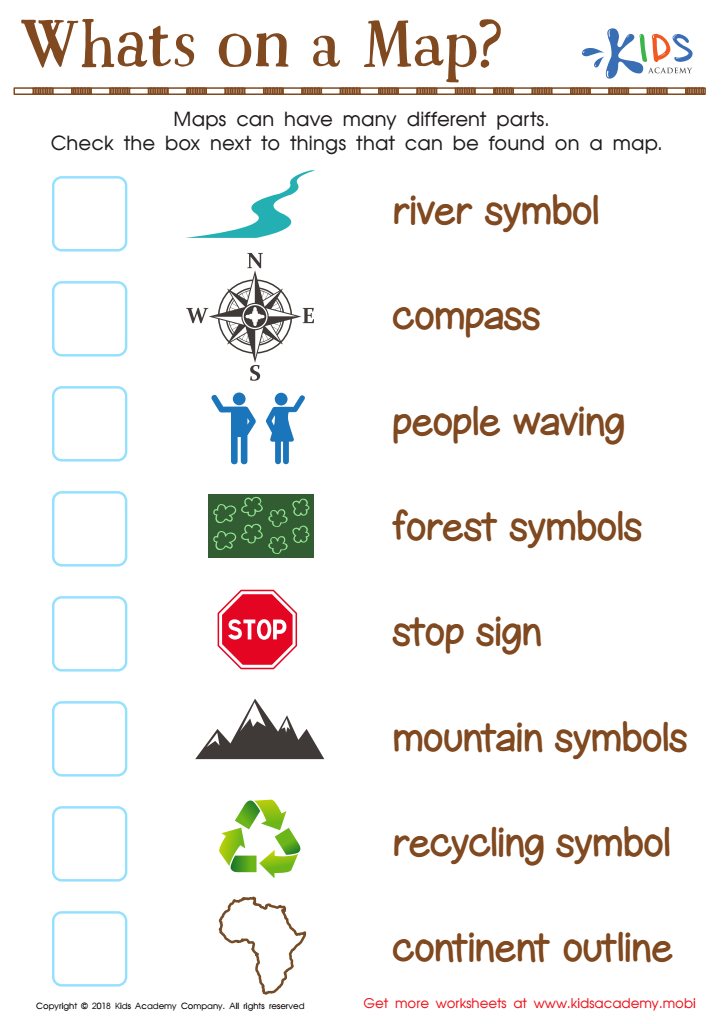

Whats on a Map? Worksheet
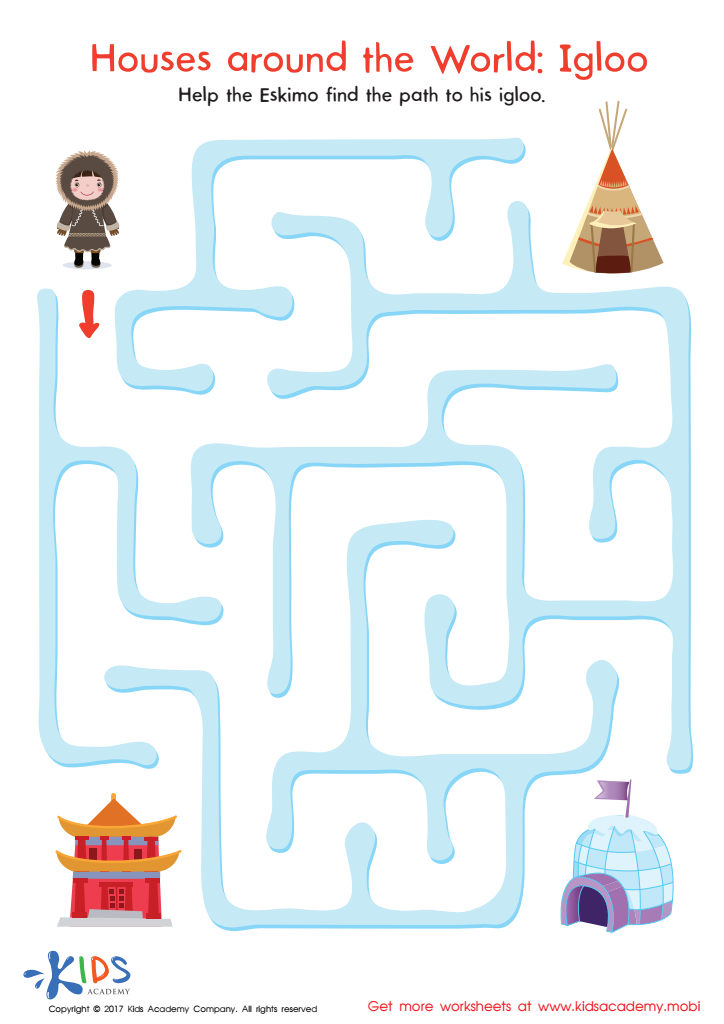

Houses Around the World: Igloo Printable
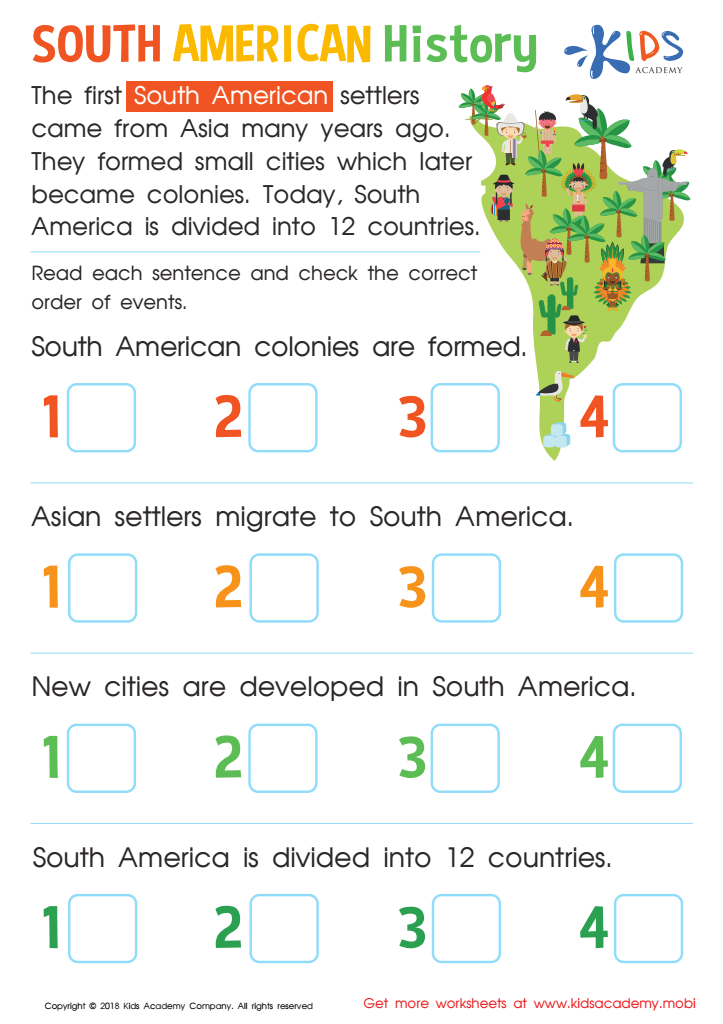

South American History Worksheet
Geographic understanding is essential for children aged 7-8 as it lays the foundation for their awareness of the world and promotes critical skills. At this developmental stage, children are naturally curious about their surroundings, and fostering geographic knowledge helps satiate that curiosity. Understanding geography encourages children to grasp concepts like maps, landmarks, and spatial relationships, which are crucial for navigation and comprehension in numerous subjects.
Moreover, geographic education cultivates cultural awareness, empathy, and global citizenship. It opens avenues for children to appreciate and respect different cultures, traditions, and environments. By learning about various regions and communities, they develop a broader worldview and are better prepared to tackle global issues, such as climate change and cultural diversity.
In addition, geographic literacy enhances critical thinking and problem-solving skills. Children learn to analyze information, make connections, and draw conclusions based on their observations about human interactions with the environment. This holistic understanding fosters informed and responsible future citizens.
Ultimately, investing in geographic understanding at a young age equips children with the knowledge and skills necessary to navigate an increasingly interconnected world, making it essential for parents and teachers to prioritize this aspect of education.
 Assign to My Students
Assign to My Students



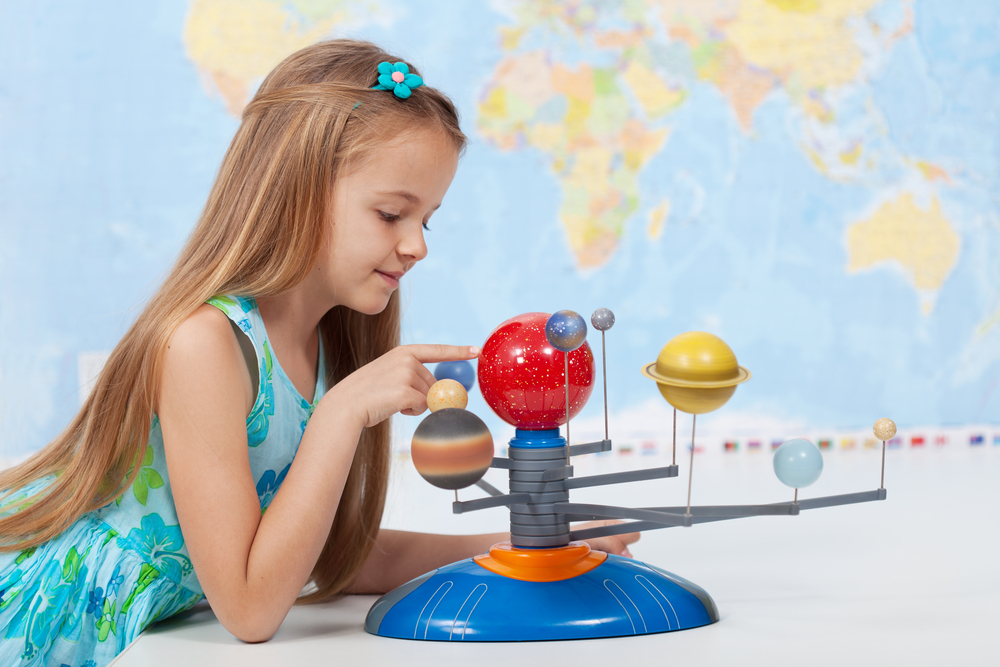

.jpg)
